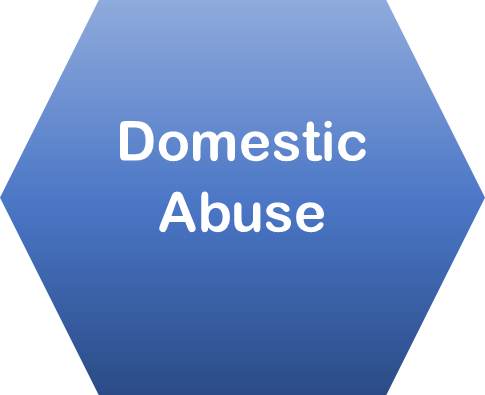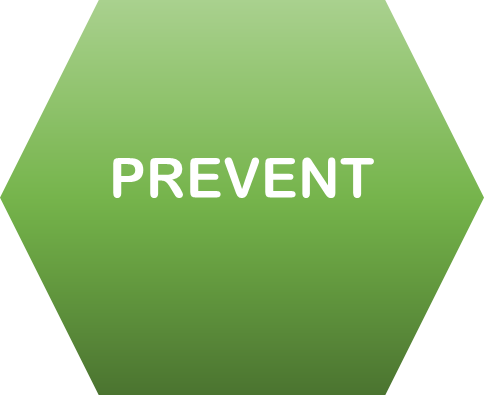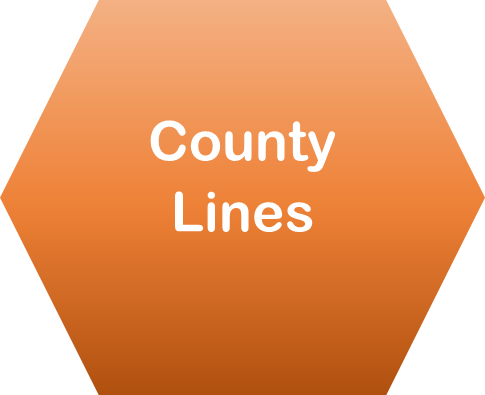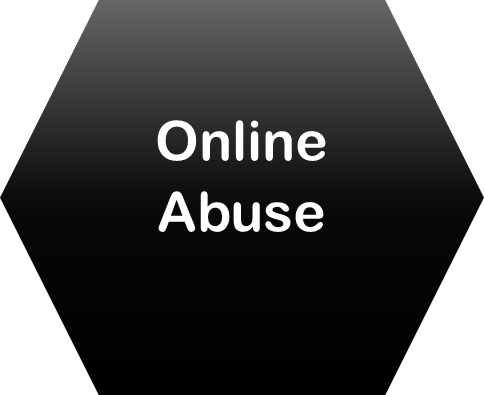What is Safeguarding
Safeguarding is the action that is taken to promote the welfare of children and protect them from harm and means:
- protecting children from abuse and maltreatment
- preventing harm to children’s health or development
- ensuring children grow up with the provision of safe and effective care
- taking action to enable all children and young people to have the best outcomes
- child protection is part of the safeguarding process. It focuses on protecting individual children identified as suffering or likely to suffer significant harm. This includes child protection procedures which detail how to respond to concerns about a child.
There are 4 main types of abuse:
- Physical: Includes hitting, shaking, drowning, poisoning and any other physical harm towards a child. This also includes parental mental health issues.
- Emotional: Includes persistent torment including telling children they are useless, unloved, inadequate etc, not allowing children to express their views and making fun of them or deliberately silencing them, over protection and limiting exploration, preventing them from joining in normal social activity and mental health.
- Sexual: Includes forcing or enticing children to take part in sexual activity, assault by penetration (rape), non penetration such as masterbation, kissing, touching outside of clothing, encouraging children to behave in sexually inappropriate ways, grooming a child in preperation for abuse and mental health issues.
- Neglect: Neglect is the persistent failure to meet a child’s basic physical and/or psychological needs, likely to result in the serious impairment of the child’s health or development. This includes substance misuse in pregnancy, not providing adequate basic needs i.e. food, shelter etc, and preventing physical harm.
What children and young people want from the adults they trust:
- Vigilance - adults need to notice when things are troubling them
- Understanding and action - to be heard, understood and acted upon
- Support - to be supported in their own right
- Advocacy - to assist them in putting forward their views/fears
- Protection - against all forms of abuse, discrimination and the right to special protection and refuge
- Respect & explanation - treated correctly and to be informed in decisions and outcomes of what is happening
- Stability - develop an ongoing, stable relationship of trust





